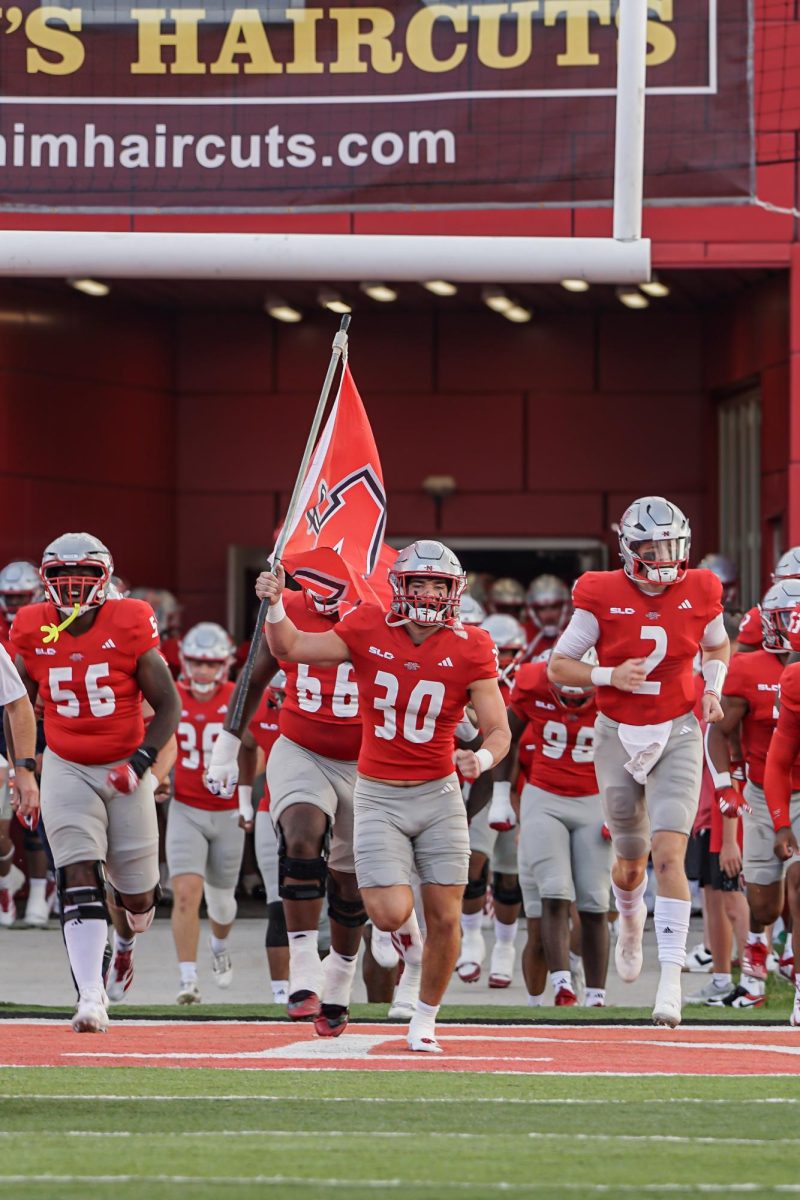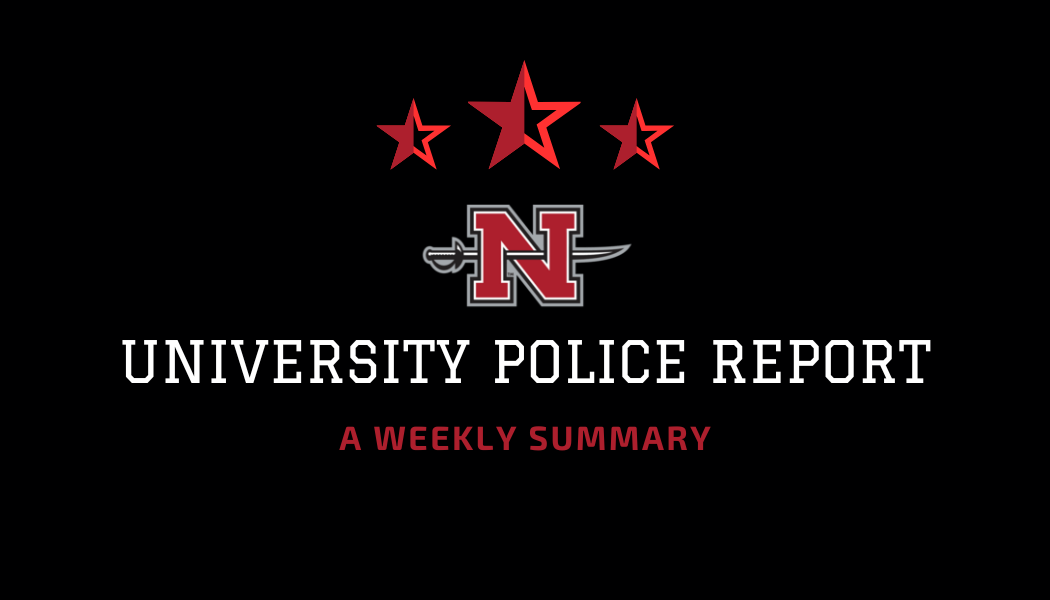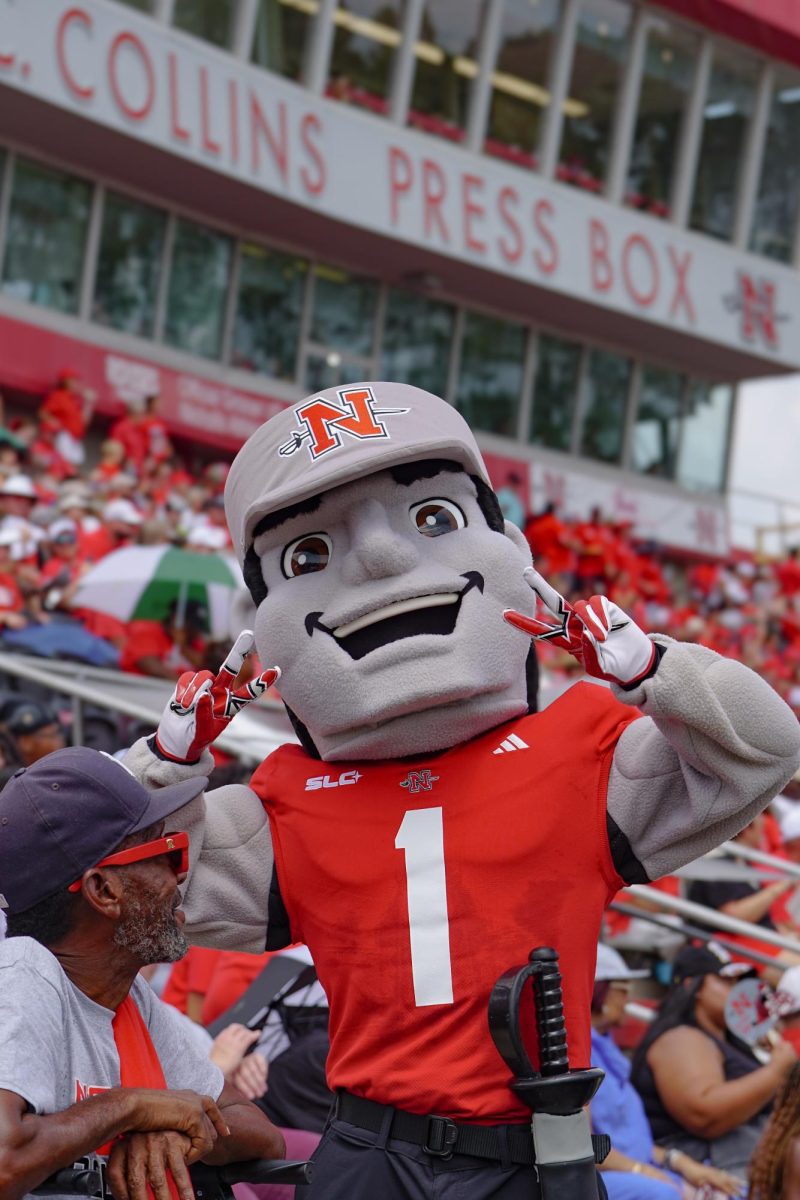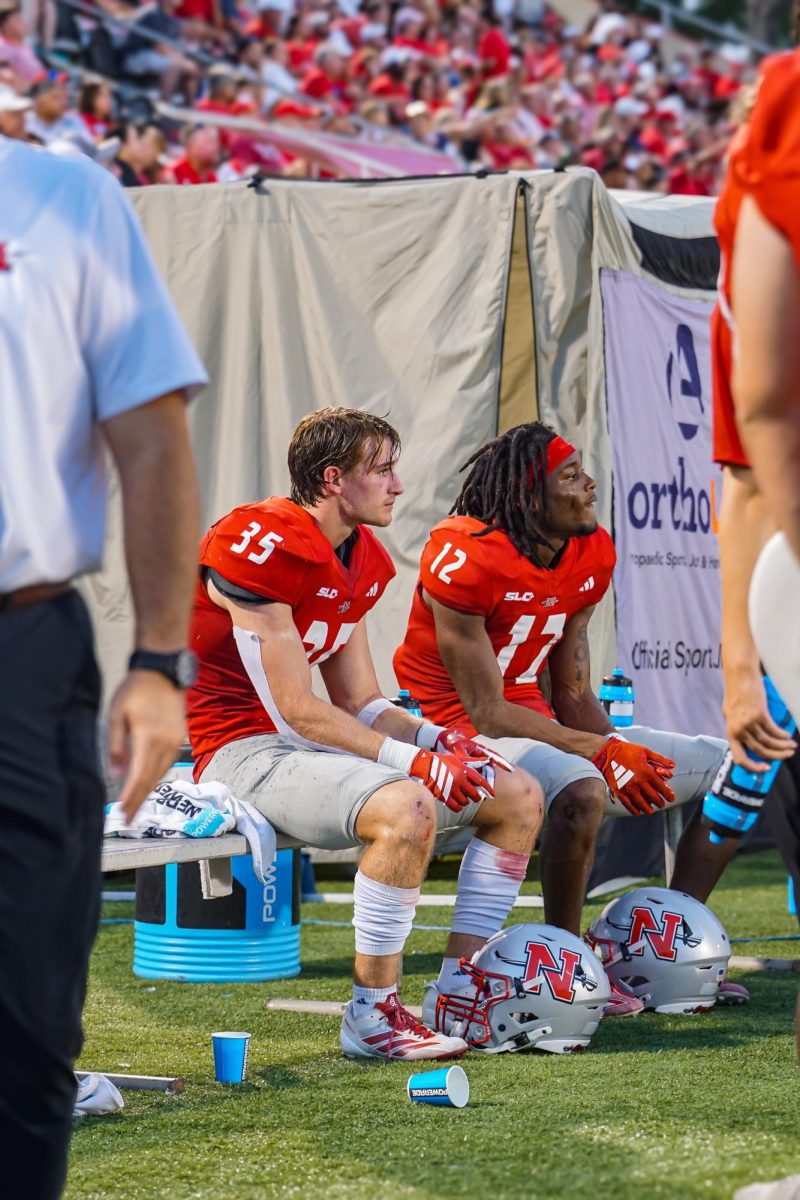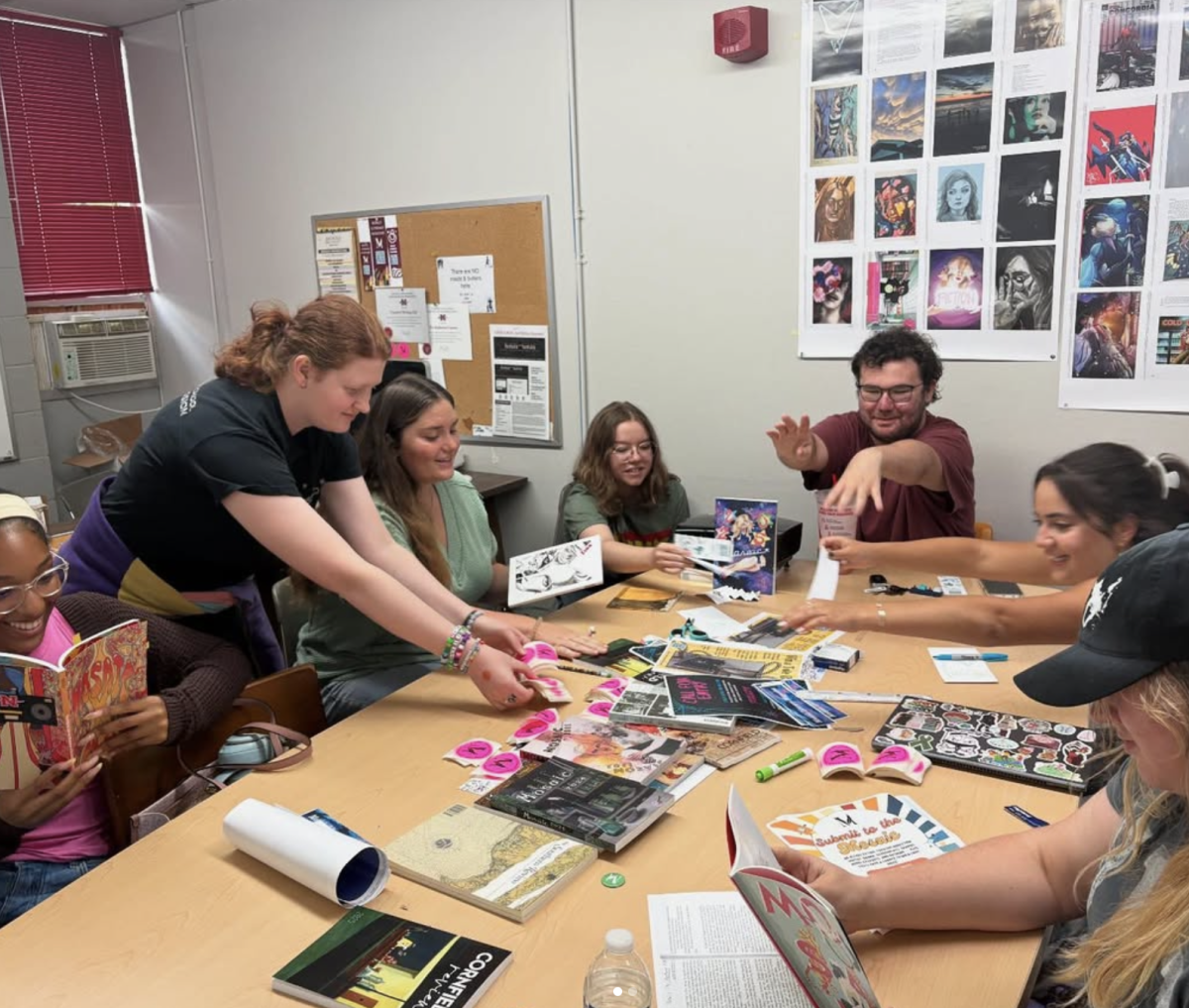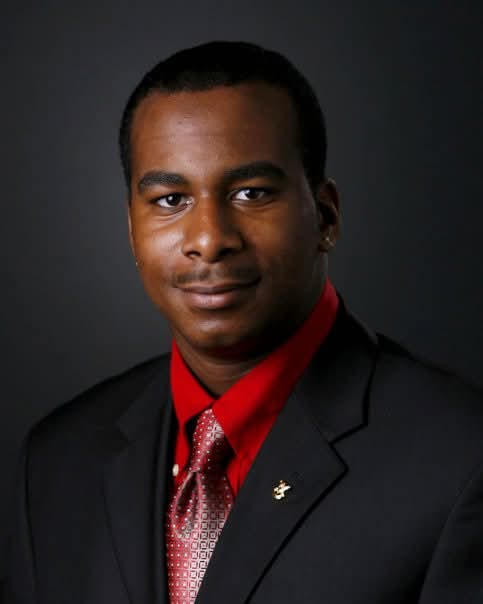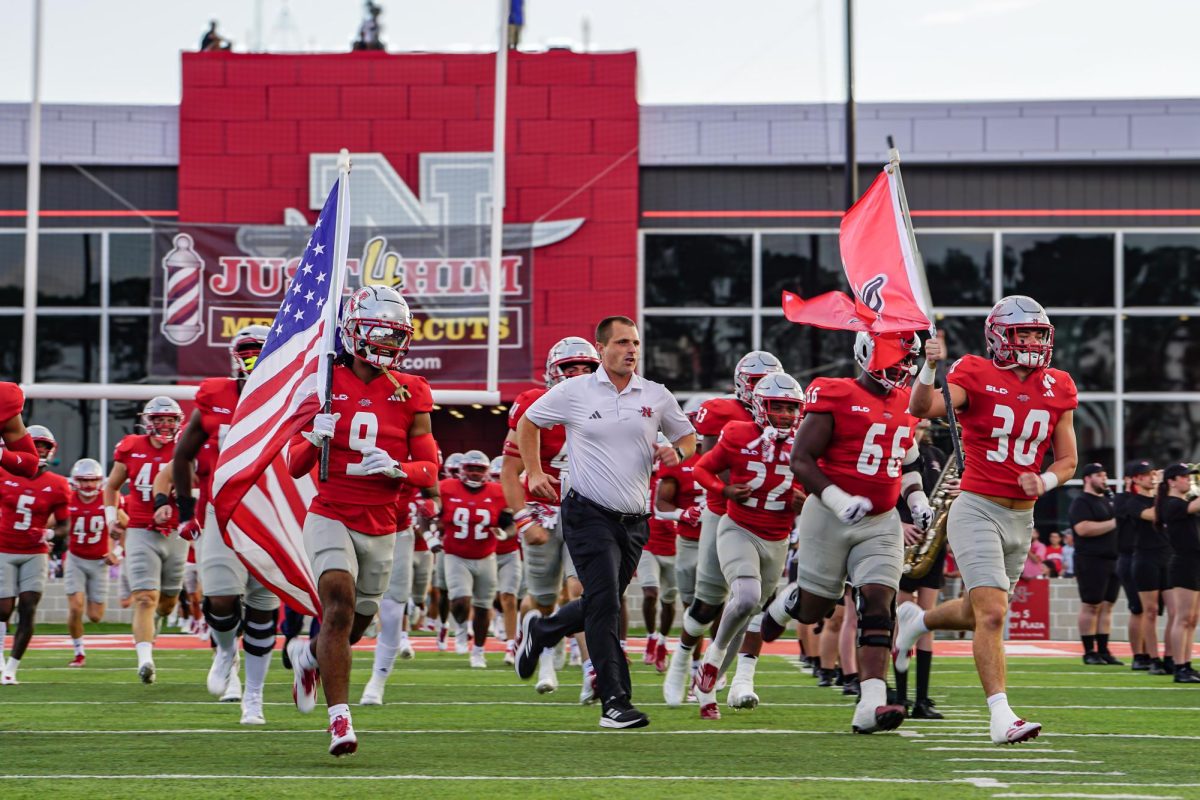Anne Harlaux, a nurse from France, spoke to the NURS 400 Mental Health Nursing class on Aug. 18 about some of the similarities and differences between cultures in regards to nursing.
Harlaux spoke to students with her boyfriend, Raphael Malet, who translated.
Harlaux explained that in France, nurses go through three years and four months of schooling during which they are assessed through practice and theory tests. Nurses undergo a cycle of four weeks in class, followed by four weeks in hospitals. Classes cannot be chosen, or substituted.
“Students follow the program from beginning to end without stopping,” Harlaux said.
After the initial coursework is finished, the nurses can choose to specialize in certain fields.
Hospitals consist of day hospitals, private clinics and public hospitals.
Harlaux explained that all working citizens have 70 percent medical coverage and private insurance can be purchased for the remaining 30 percent. However, lower class citizens who cannot afford private insurance are treated anyway. Hospitals cannot turn them away.
“The social security card is like a credit card,” Malet said. “When you go to the pharmacist for medicine you give them your card, and they give you the medicine. You don’t pay anything. No money out of your pocket.”
He went on to explain that some diseases like cancer and HIV are 100 percent covered.
“Everyone knows that nursing is hard work, but it is not considered a good job because you are working nights and weekends and the pay is very low,” Harlaux said. “Nurses will not make more than 25,000 dollars a year.”
Nurses often have close to 13 patients.
“They are often alone in the department and have to carry patients that weigh over 200 pounds,” Malet said. “That’s why she wants to work with the babies.”
Candice Marcel, nursing senior from Houma, said that she enjoyed listening to Harlaux’s language and accent the most.
“It was neat to learn that other countries do things very similar to us, yet very, very different in other ways,” Marcel said. “It was useful information, because it is important to be knowledgeable about nursing practices in our area and beyond.”
Harlaux is at Nicholls to visit Malet while he finishes his masters in business.
The couple met in high school. After graduating, Harlaux went to nursing school and Malet went to business school in France.
“I’m here as an exchange student until December,” Malet said. “It’s part of my program to graduate.”


